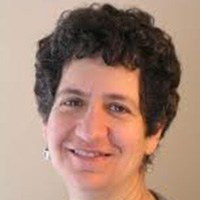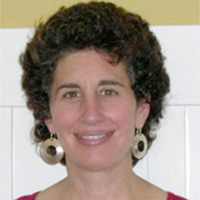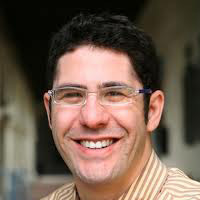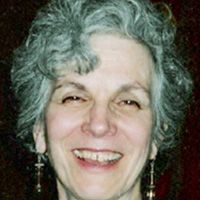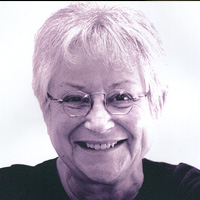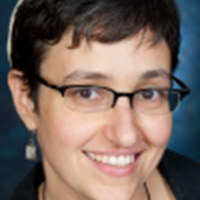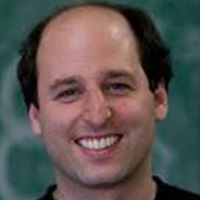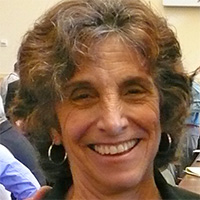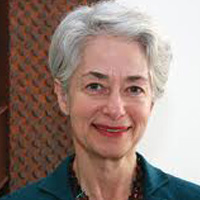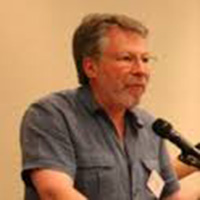
Brit Tzedek was my path back to the soul of the Jewish community.
It allowed me to work for peace and social justice for both the Jewish and Palestinian people, since our fate is inseparable. Brit Tzedek’s genius, from an organizer’s perspective, was it’s ability to be a credible presence and voice within the mainstream of the Jewish community,
Brit Tzedek built a new core of Jewish leaders, gave voice the majority of Jews who are pro-Israel and pro-Peace, and created the organizational infrastructure that continues to endure.
We should pay a special tribute to the small group of brave and committed individuals who said this has to be done- and they did it!
Mark Belkin




